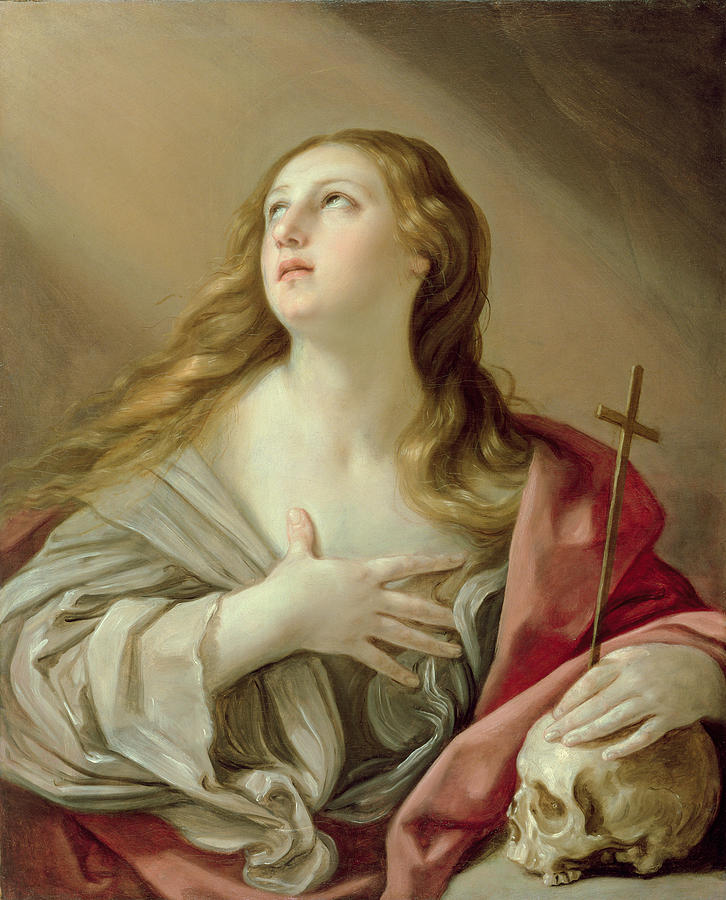 |
| St Monica and St Augustine |
Joining is free; the only obligation (not binding on pain of sin) is to say a short prayer each day, though you can do more (arrange Masses etc.). Members pray for each other's lapsed loved ones. I repost the details below, from its launch 18 months ago. Each year the LMS arranges a public Sung Mass for Sodality's intentions.
The Sodality of St Augustine of Hippo
From the website:
The purpose of the Sodality is to unite the prayers of members for the conversion of those dear to them. There can be few Catholics today who do not have family members or close friends who have either lapsed from the practice of the Faith, or never had it; it is a particular source of grief when parents see children and grandchildren living without the support of the Sacraments. We take heart from the example of St Augustine, converted at last by the prayers and tears of his mother St Monica, and wish to demonstrate our fellowship with others in the same position, by praying not only for our own dear ones, but for those of others who will do the same for ours.
The Sodality takes advantage of three principles of Catholic prayer:
1. The Public Prayer of the Church is more pleasing to God than private prayer.
Not only are the Sodality's prayers supported by regular Masses, but the Sodality's own prayer is a Collect of the Roman Missal, linking our individual prayers further to the Church's prayer and the Masses being said for the same intention.
2. The united prayer of a group of Catholics is more pleasing to God than the prayers of individuals alone.
The prayers of Sodality members are united for a single intention: the conversion or return of our friends and family to the Faith.
3. Prayers motivated by charity are more pleasing to God than prayers motivated by necessity.
By praying for each others' friends, members of the Sodality show fraternal solidarity and charity, even towards those unknown to them.
St Thomas Aquinas wrote (quoting someone else):
"Necessity makes us pray for ourselves, fraternal charity urges us to pray for others. But sweeter before God is prayer which is not sent from necessity, but commended by fraternal charity."
("...pro se orare necessitas cogit, pro altero autem, caritas fraternitatis hortatur. Dulcior autem ante Deum est oratio, non quam necessitas transmittit, sed quam caritas fraternitatis commendat.")
Summa Theologica II, Q88 a.7 c.
So please join the Sodality! There is no fee, you just send us an email: info@lms.org.uk
 |
| The penitant Magdalen |
The Sodality prayer (Collect of the 'commemoration' pro devotis amicis):
Deus, qui caritátis dona per grátiam Sancti Spíritus tuórum fidélium córdibus infudísti : da fámulis et famulábus tuis, pro quibus tuam deprecámur cleméntiam, salútem mentis et córporis ; ut te tota virtúte díligent, et quæ tibi plácita sunt, tota dilectióne perfíciant. Per Dóminum nostrum Iesum Christum Fílium tuum, qui tecum vivit et regnat in unitáte eiúsdem Spíritus Sancti, Deus, per ómnia sǽcula sæculórum. Amen.
O God, who, by the grace of the Holy Ghost, hast poured the gifts of charity into the hearts of thy faithful, grant to thy servants and handmaids, for whom we entreat thy mercy, health of mind and body; that they may love thee with all their strength and, by perfect love, may do what is pleasing to thee. Through our Lord Jesus Christ thy Son, who liveth and reigneth in the unity of the same Holy Ghost, God, world without end. Amen.
Masses said for the intentions of the Sodality should when possible make a 'commemoration' as per the above Collect, and its accompanying Secret and Postcommunion. These are found among the 'various prayers' in the Roman Missal; they were included in the first printed Missal, that of 1474. They are said in addition to the Collect, Secret, and Postcommunion of the day. This liturgical commemoration can be done at any Low Mass on a day of the 4th Class (ie, not on important feast days). The LMS Ordo has more details on these rules.
Masses said for the intentions of the Sodality should when possible make a 'commemoration' as per the above Collect, and its accompanying Secret and Postcommunion. These are found among the 'various prayers' in the Roman Missal; they were included in the first printed Missal, that of 1474. They are said in addition to the Collect, Secret, and Postcommunion of the day. This liturgical commemoration can be done at any Low Mass on a day of the 4th Class (ie, not on important feast days). The LMS Ordo has more details on these rules.
Support the work of the LMS by becoming an 'Anniversary Supporter'.
This comment has been removed by the author.
ReplyDelete
ReplyDelete“the child of those tears shall never perish."
DEATH
at the
MANGER
Sorrowful mother
Do not weep
When children's faith
They do not keep.
With prayers to God
They're not compliant?
Then time for mother
To be defiant!
Get on your knees
Where you adore
He who made
Each babe you bore
Out of love
So tangled-tight
Burst their souls
Of promise bright.
And if the brightness
Starts to dull
Think not that he
Is just a cull
He's here to make
You ever holy
We all need help,
Can't do it soley.
That's why we suffer
To imbue
Prodigals, others
Our cry and hue.
So they can see
On knees we drop
If unto death
Our prayers won't stop.
And by His heart
So Sacred tender
In grace you'll die
A suffering-splendor
Where in the fields
Of Heaven's Granger…
Sainted mothers pray
For his death at the manger.